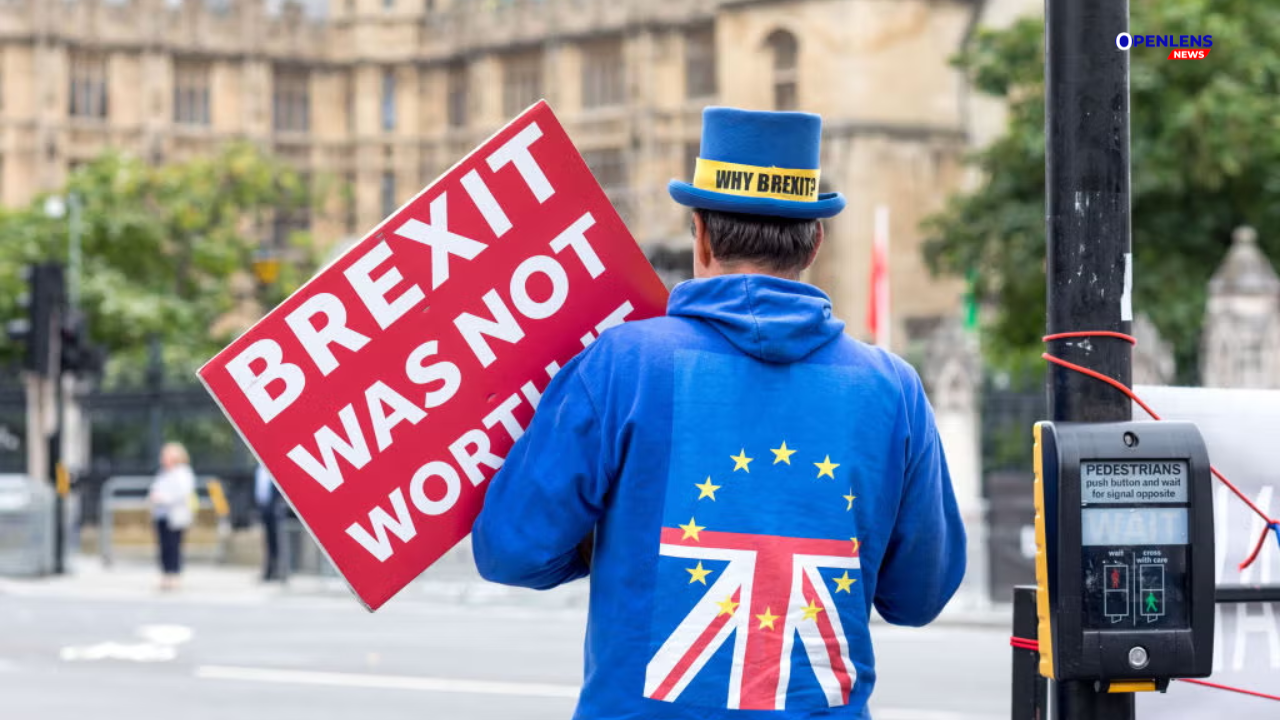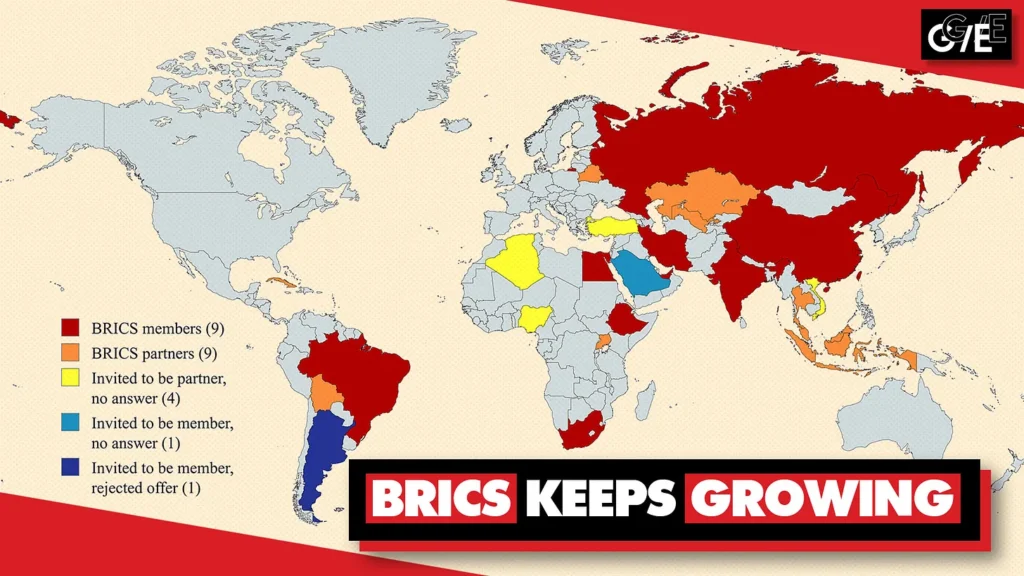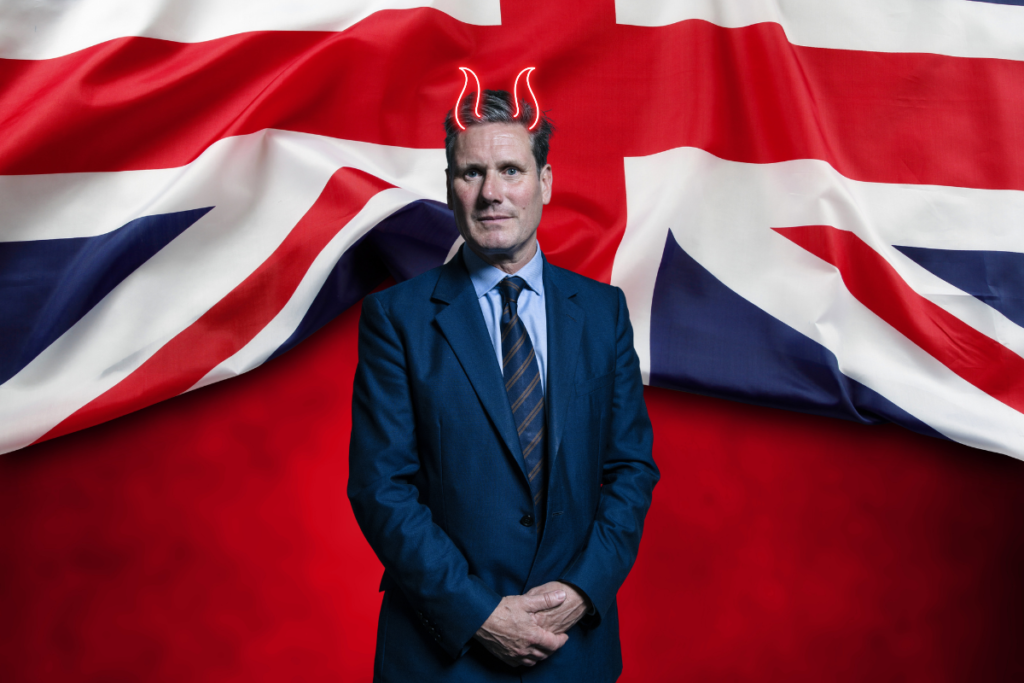British travellers are facing a new wave of red tape and rising costs that many see as the true price of Brexit finally hitting home. As the EU prepares to launch its long-delayed ETIAS travel authorisation system, millions of UK citizens could soon be paying to visit countries they once accessed freely, and critics say the confusion, fees, and scams already unfolding are just the beginning.
Set to roll out by late 2026, ETIAS will require UK tourists to apply online and pay €7 before entering Schengen countries. That doesn’t sound too bad, until you realise the system hasn’t even launched yet, and fake websites are already scamming people for up to €70 under the guise of helping them “get ready.” These unofficial sites look convincing, charge ten times the actual price, and harvest personal data in the process. The EU has warned about them, but with little enforcement so far, many Brits feel unprotected and misled.
And that’s not all. Coming even sooner is the EU’s new Entry/Exit System (EES), due to begin in October 2025. This system will demand fingerprints and facial recognition scans from non-EU visitors, including UK citizens, every time they enter the bloc. Officials claim an app will make things smoother, but if past government tech launches are anything to go by, delays, bugs, and long queues at borders are almost inevitable.
Meanwhile, the UK government is facing backlash over travel fees. Its ETA system, Britain’s answer to ETIAS, was introduced earlier this year at £10. But the government now plans to hike it to £16, prompting outrage from travel groups and airlines. Many are calling it economic sabotage, arguing that tourists will think twice about visiting Britain when the EU’s version is not only cheaper but valid for three years.
To many, these competing systems represent more than border security; they symbolise how Brexit has made travel more complicated, more expensive, and more frustrating. Gone are the days of spontaneous European weekends; now, it’s apps, biometric scans, and careful planning. Critics say British citizens are being treated like second-class tourists on a continent they once traversed freely, and that both the EU and UK governments are turning a basic holiday into a bureaucratic minefield. As one frustrated traveller put it: “This isn’t about safety, it’s punishment with paperwork.”



